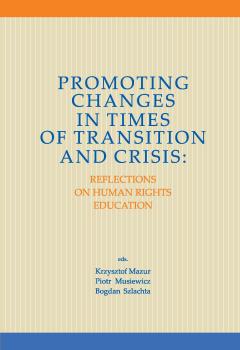Educative Function of Law in the Fragmented International Legal Order. Case of Right to Water v. Investment Protection .......... 209
Streszczenie
The world is experiencing a water shortage. This is due not only to the growing popu-lation, but first of all to the rising needs of the “blue gold” in the industry and energy production. The liberalization of global and regional trade encourages competitiveness and privatization. As water is becoming a deficit good, the question of the applicability of international economic law shall be raised. Furthermore, the critical analysis is required to assess how the instruments of investment law assure the realization of the human right to water.Protection of international investors may remain in tension with the fundamental rights of local communities. Foreign investor’s right to pursue an economic activity pos-sibly will sometimes hinder or prevent the exercise of the right to water, especially in case of the rise of water services. This, in consequences, raises the question of the legality of expropriation of the foreign investor in order to provide water access. There are already a few cases related to water and water services involving such states as Argentine, Bolivia, Venezuela, Tanzania and Canada. In each of those cases the arbitrators have/had to balance the rights to water and investment protection. This, in consequence, leads into the ques-tion on special nature of the human right to water and a need of a more holistic approach in resolving the investment disputes.The analyzed case of right to water and investment protection is a particular example which presents adequately the problem of fragmentation of international legal order. Lack of uniform legislative centre and of hierarchy of legal sources form its particular nature. Moreover, international law embodied in treaties or custom is often composed of norms having vague and imprecise meaning. This is particularly true in the area of human rights regulations which often encapsulates norms particularly susceptible for a variety of in-terpretations. The educative function in the area of international law is of particular im-portance. Judicial decisions, by their very nature “radiate” beyond single domestic legal system. In times of globalization when a growing amount of aspects are regulated by su-pranational regulations, the educative function of law and judicial decisions spread ideas and values which are encapsulated in them. For that reason, the judicial decisions in cases involving values from different subsystems of international law have a capacity to serve as “litmus paper” for moral and axiological differences within international community.
Strony
209-222
Zapowiedzi
23 lipca 2013
Serie
Kategorie
Prawa autorskie (c) 2013 Krzysztof Mazur, Piotr Musiewicz + et al.





